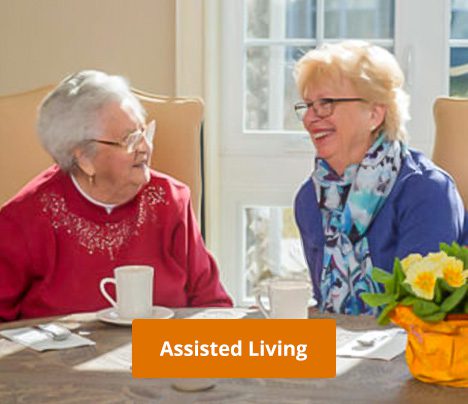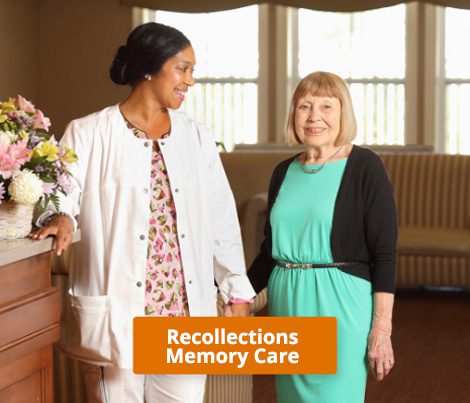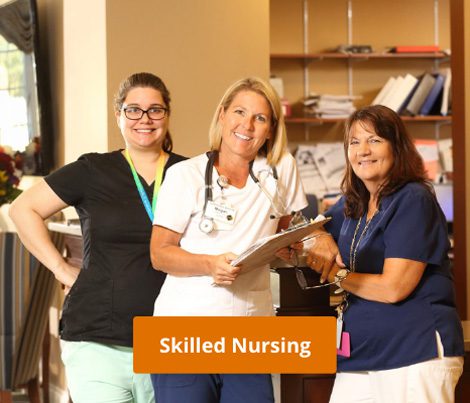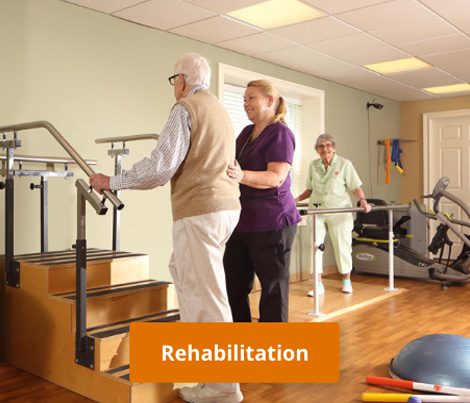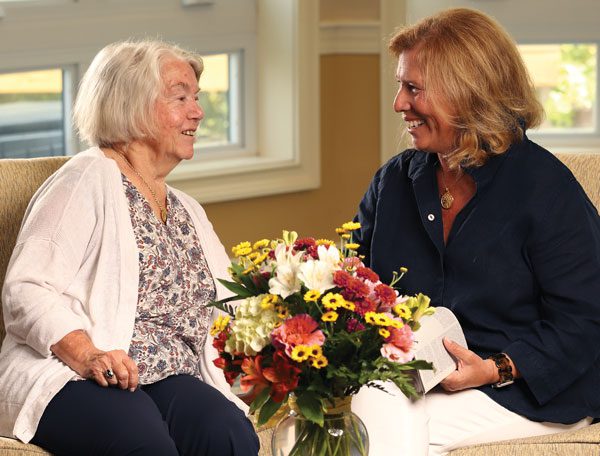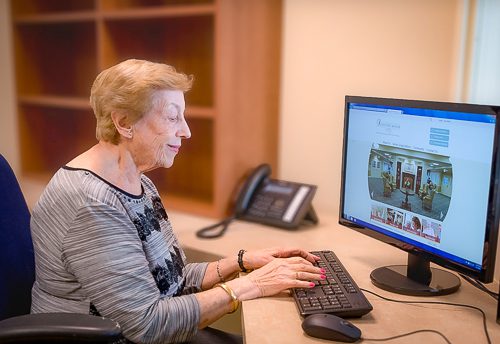Six Mistakes to Avoid When Caring for a Senior Loved One

 When you become a caregiver for a senior loved one, you step into one of life’s most challenging roles. The role of caregiver means making sure that your loved one has everything they need to thrive and be comfortable, whether that is in their own home, your home, or with the help of a senior living community.
When you become a caregiver for a senior loved one, you step into one of life’s most challenging roles. The role of caregiver means making sure that your loved one has everything they need to thrive and be comfortable, whether that is in their own home, your home, or with the help of a senior living community.
For the health, safety, and happiness of you and your loved one, it is important to understand some of the common mistakes adult children make as they transition from the role of child to caregiver.
The most common caregiver mistakes come from trying to do too much, which can compromise your abilities and your loved one’s comfort. Fortunately, you can protect yourself – and your loved one – by learning about what to avoid and making use of the abundant resources available to help those caring for senior loved ones.
Here are the six common mistakes to avoid when caring for a senior loved one.
- Thinking you can do it all.
Many caregivers assume that because they have taken on the responsibility of caring for a loved one, they are responsible for every facet of caregiving. From meals to appointments to helping their loved one get up from a chair, they try to do it all.No one person can do everything. It is simply not possible to provide hands-on care 24 hours a day, tend to your loved one’s personal, social, and financial matters, and keep up with your own obligations.Additionally, your loved one may not want you to do it all. Some seniors feel embarrassment about needing help with intimate tasks, and prefer the services of a professional.Consider outsourcing some aspects of caregiving, whether that’s help with household tasks, outside assistance with personal care, or coordinating transportation with a friend or family member. - Treating your parent like a child.
If you’re a parent yourself, it’s easy to step into that familiar role and take over caring for your parent as you did for your child.Caring for an adult is different. Just as you may be conflicted about your changing role, your loved one may be conflicted, too, and may be struggling with diminished independence.Encourage your loved one to make as many choices independently as they are capable of making. While you may have to intervene for their safety from time to time, offering your loved one as much independence as possible will be healthier for you both. - Not taking a rest.
Even the most devoted caregivers need rest. Explore respite care for your loved one when you need to recharge, whether you’re spending a weekend at home unwinding or taking a much-needed vacation.Remember that your loved one may need a rest, too. Looking to a child or relative as a caregiver can be challenging, and your loved one may appreciate time with peers and a break from the routine as well. - Forgetting about social needs.
Caring for a senior is about much more than tending to their physical needs. One of the leading causes of depression in the elderly is isolation. Without access to peers and social activity, your loved one may feel isolated. It is important to make sure that your loved one has access to a community of their peers, whether that is a senior center, religious community, or visits with friends. This time can also provide a much-needed rest for the caregiver. - Not thinking about the long term.
Unlike the care we are most accustomed to – caring for a child – your loved one will likely require more care over time, not less. Often, well-intentioned caregivers reassure their loved one with promises about the future that are not possible to keep when care needs change.The role of caregiver may last for several years, with increasingly complex responsibilities. Consider how much you can reasonably do – physically, emotionally, and financially – and for how long. Prepare for the most likely possibilities, including the long-term expense of around-the-clock in-home nursing care. - Not taking care of yourself.
With all of the demands of caring for others, caregivers often put caring for themselves at the bottom of the to-do list.Caregiving is physically demanding, so it is especially important to take good care of your body while in the role of caregiver. In addition to eating well and taking time to exercise, consider learning from a professional about the best ways to assist your loved one physically. Learning proper techniques for helping your loved one stand, sit, and move will help minimize the risk of injury for everyone.Caregiving is emotionally demanding as well. Take care of yourself emotionally by making space for rest and for activities you love so that you can recharge. Seek the support of friends and caregiver groups to help you make time for yourself.
Getting the Help You Need
Learn more about Sunnyside Manor’s resources for caregivers. Whether you’re looking for short-term support or a longer-term plan, we are here to help. Begin with our “Getting Started” guide, or call us at 888-696-2052 to speak with a senior living expert.
Sunnyside Manor, located in Wall NJ, is the area’s premier family-owned senior living community. The community features three distinctive neighborhoods: Independence ‘Plus’ Assisted Living, Recollections Memory Care, and Long-Term Care & Short-Term Rehabilitation. Respite stays and palliative care are available in all neighborhoods.

